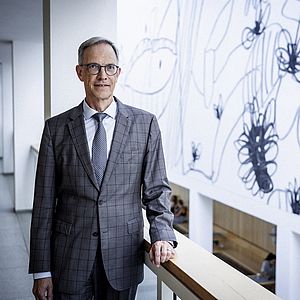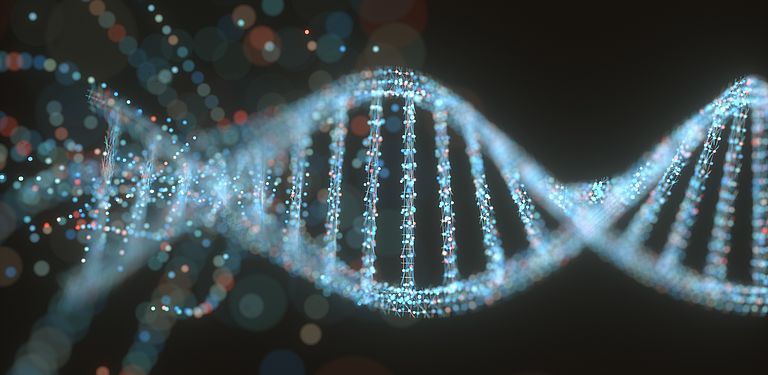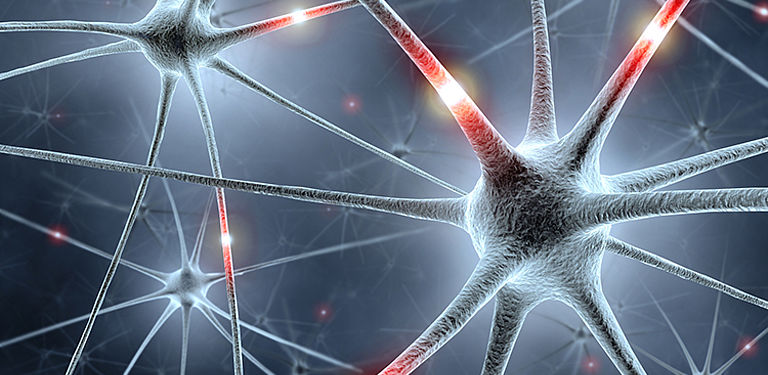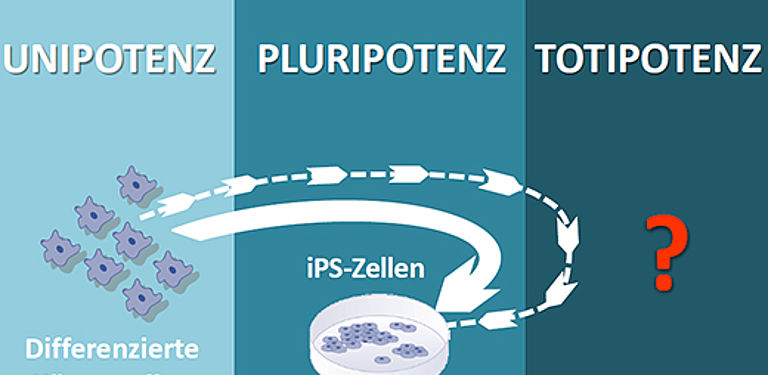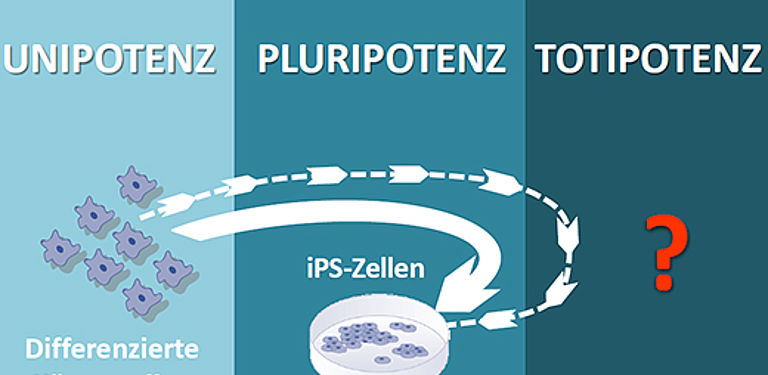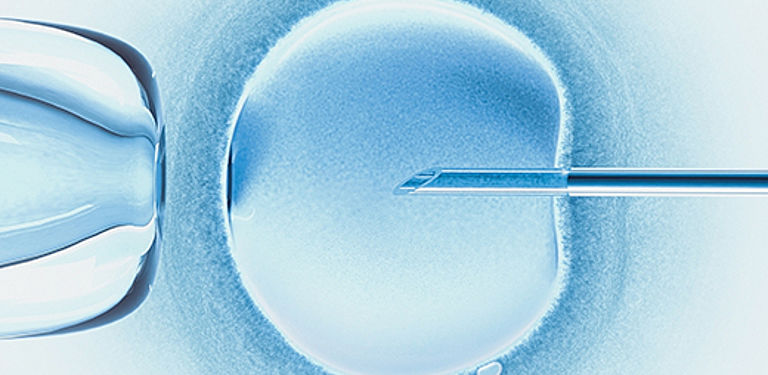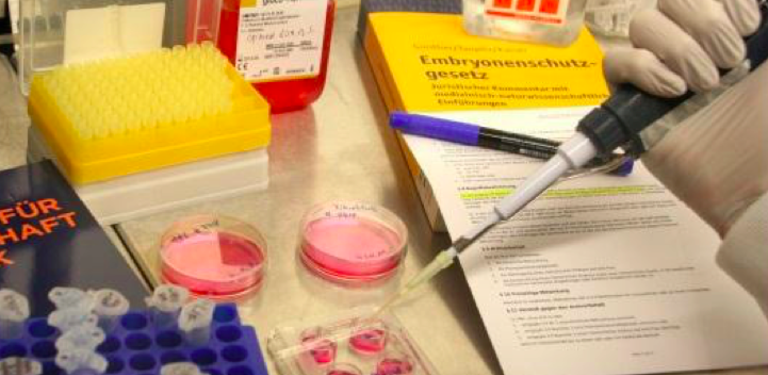"My particular research interests focus on constitutional law, international public law, and life sciences law. I have been fascinated by new technologies, especially in the areas of biology and medicine, for a good three decades. That specifically includes genetic engineering, stem cell and artificial reproduction technologies. They raise difficult but always intriguing questions the law, especially constitutional law, needs to address. For example: what is the legal status of stem cell-based embryo models or cerebral organoids? Some regulatory issues, like in the field of modern plant biotechnology – or green genetic engineering as it is also called – have ramifications in international environmental and economic law. A recent addition is AI technology. Its integration into weapon systems poses a challenge to the laws of war.
Aside from such technology-related legal analyses, I devote myself to 'traditional' doctrinal legal research. That includes research on the guarantee of human dignity, the right to property, the judicial review of acts of parliament, the state of emergency as well as the relation between constitution law, on the one hand, and public international and European law, on the other. In public international law, I am interested in problems of the emergence of unwritten law due to the fact that the traditional positivist theory of sources of law is unable to offer throughout satisfactory approaches in this respect. Finally, there is climate change and the loss of biodiversity which are fraught with challenges that threaten the survival of humanity. This brings me back full circle to my previously mentioned interests in international environmental law, a legal field that gave birth to the principle of sustainable development, or sustainability, early on, over thirty years ago, which has now expanded into a ubiquitous paradigm."
More about Professor Dederer's research
Professor Hans-Georg Dederer's research priorities include fundamental rights and judicial review as well as the relation of public international law and European law to national law, international environmental law and law of foreign investment as well as law genetically modified organisms (GMOs) and biomedical law.
Click to view Professor Dederer's publications.


